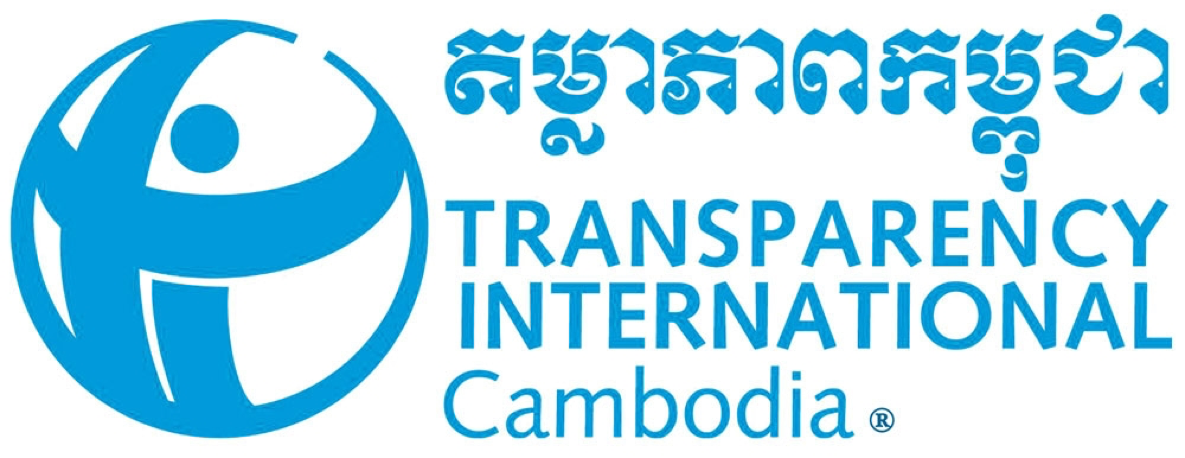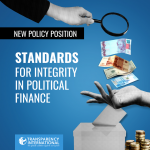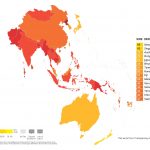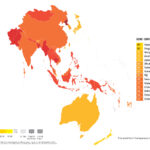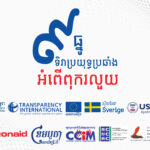TI Cambodia’s Proposals on the draft Law on the Protection of Reporting Persons
His Excellency Dr. Oum Yen Tieng
Senior Minister and President of the Anti-Corruption Unit
Building 54,Norodom Blvd, Phnom Penh
Subject: TI Cambodia’s Proposals on the draft Law on the Protection of Reporting Persons
Today the Anti-Corruption Unit (ACU), tasked with leading the effort in the drafting process of the Law on the Protection of Reporting Persons, has officially released its preliminary draft of the Law at the second National Consultative Workshop. We are encouraged by the ACU’s continuous commitment in seeing through the drafting process of this crucial law. By adopting this law, Cambodia would have made another step following the international trend. For this reason, TI Cambodia wishes to ensure that this law reflects the international standards to the furthest extent possible. We, therefore, wish to offer the following suggestions.
- Coverage of the Law
The coverage of the law should be extensive without loopholes, as opposed to the current draft (Art.3 and Art. 4-9) narrowly limiting the coverage to only improper conducts which include corruption offenses and disciplinary wrongdoings. We suggest that protected disclosures include abuse of authority, illegality, danger to public health or safety, waste and mismanagement. [1]
- External disclosure to independent mechanism
Besides the internal reporting channel proposed by the current draft, we further suggest to create an external and independent mechanism vested with real authority to protect reporting persons in an effective manner. Given the sensitivity of the contents that are reported, we firmly believe that internal channels in Cambodian context will not be able to provide true protection to potential reporting persons. Many countries that have been successful at protection reporting persons have relied on such external mechanism, such as the Ombudsman in New Zealand or the Commissioner in Canada or the UK. [2]
- Disclosure to Members of Parliament and the media
Disclosure to Members of Parliament should be protected.[3] In the public interest of safeguarding against an imminent risk to public safety or the environment, a disclosure to the media shall be encouraged and protected.
- Right to refuse participation in wrongdoing and Preservation of right
The current draft seems unclear on this matter. We suggest that reporting persons be fully protected for refusing to obey an order on the grounds that it is illegal. Also, the draft shall make it clear that protected disclosure automatically overrides any private agreements such as confidentiality and non-disclosure agreements usually found in employment contracts.
- Access to court by reporting persons
In seeking damages against unlawful reprisals, the current draft creates a two-tier procedure by which the established internal channel must first try to find a conciliated solution before seeking the court. We suggest that the right of the reporting person in directly seeking the court be recognized if the reporting person so chooses (this is consistent with the Constitution, Art.39).
- Reward system
Some countries such as South Korea and the US[4] offer incentives to reporting persons. We suggest that some sort of financial reward be introduced.
- Inter-ministerial coordinated effort
The current would leave it to the ministry of justice and the ACU to jointly issue guidelines on the organization and functioning of the internal channel. Given the relevance of the issue, we suggest that the ministry of civil service and the ministry of labor and vocational training be involved in enacting the guidelines.
We hope that Your Excellency Senior Minister will kindly consider our proposals mentioned above.
Yours sincerely,
Preap Kol
Executive Director
[1] See International Principles for Whistleblower Legislation. Available at http://www.transparency.org/whatwedo/publication/international_principles_for_whistleblower_legislation
[2] Canada’s Office of the Public Sector Integrity Commissioner; the UK’s Office of the Civil Service Commissioners.
[3] See, for example, section 8(1)(d) of the Protected Disclosures Act 1994 of New South Wales.
[4] False Claims Act 31 USC.
This post is also available in: Khmer
 English
English ភាសាខ្មែរ
ភាសាខ្មែរ